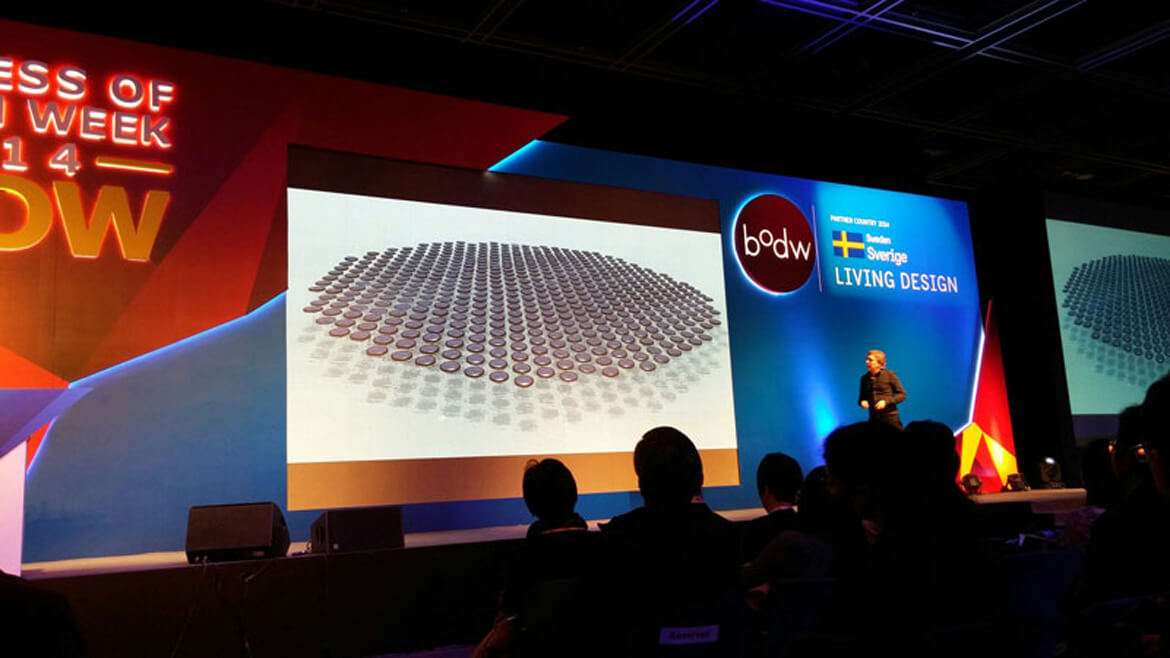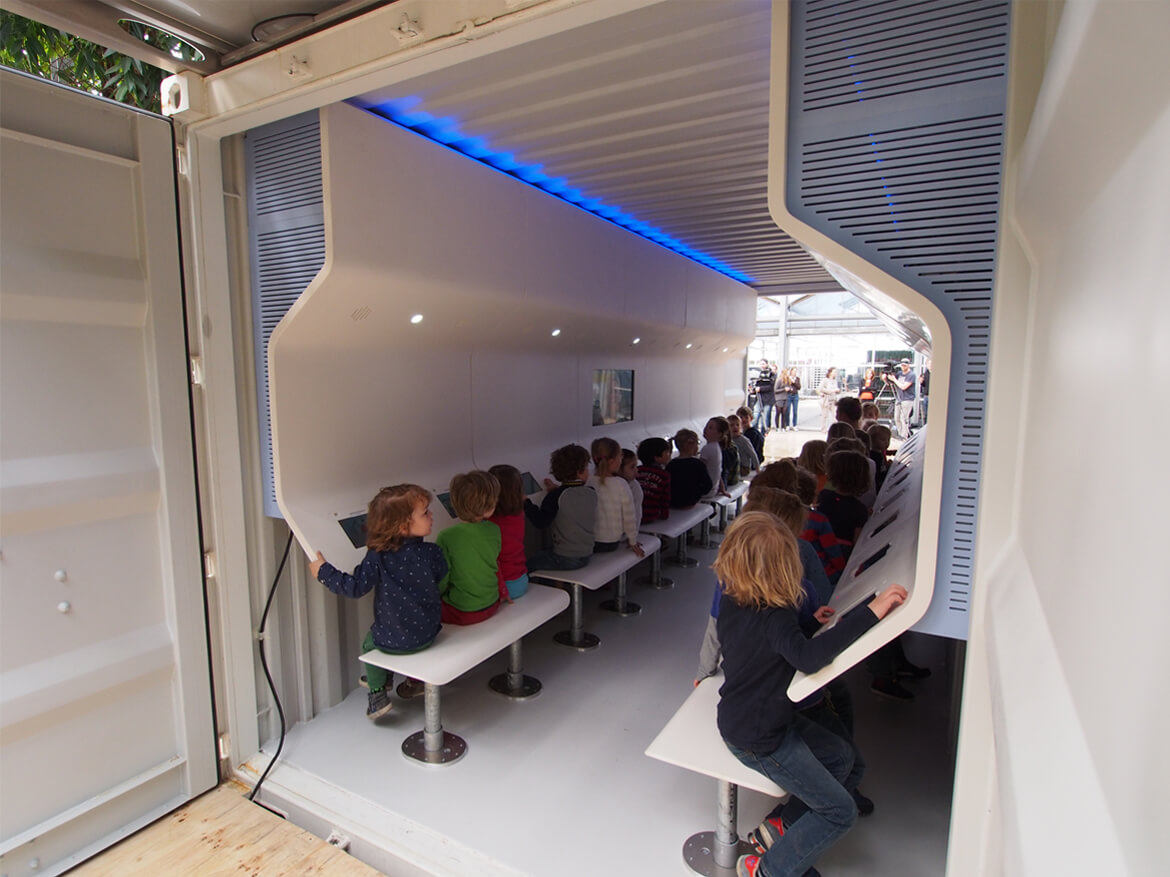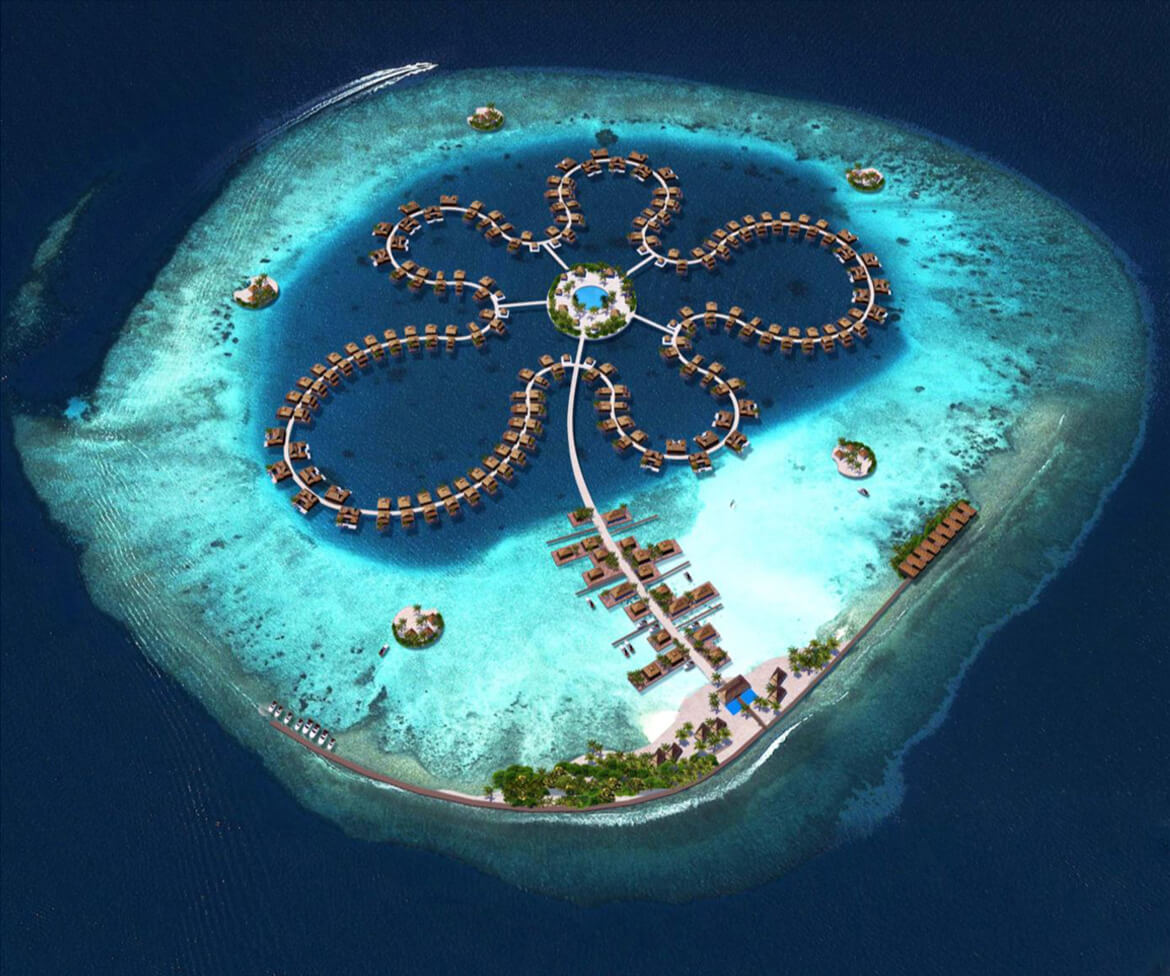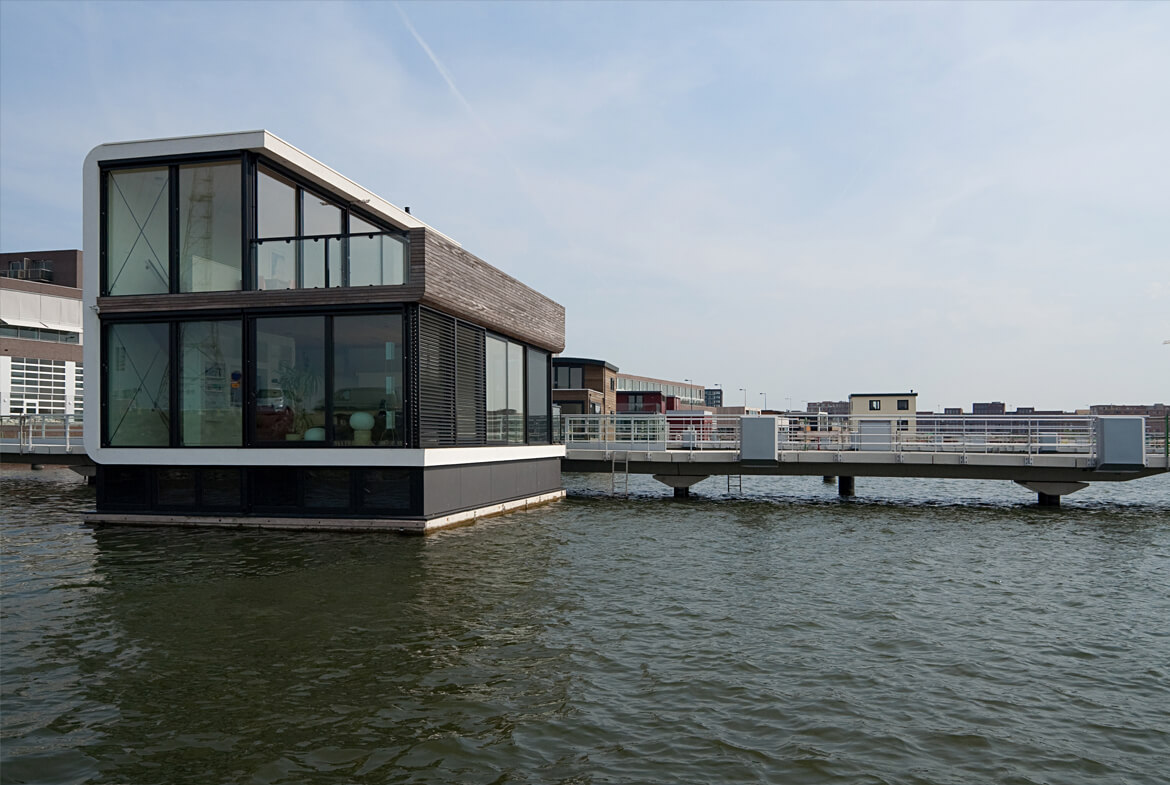Amillarah Now affiliate of Christie’s
Amillarah private islands is now officially affiliate of Christie’s International Real Estate
Amillarah private islands is now officially affiliate of Christie’s International Real Estate

His speech was very well received at Asia’s largest and leading annual event on design, innovations and brand
Koen Olthuis speaks on BODW Hong Kong
Click here for the website
Koen’s speech in the Culture and the City Session was very well received.
Business of Design Week (BODW) is a flagship event organised by Hong Kong Design Centre since 2002. Each year, BODW brings to Hong Kong some of the world’s most outstanding design masters and influential business figures to inspire the regional audience on creative thinking and design management. In addition, it also provides a valuable platform for participants to network, exchange ideas and explore business cooperation. Today, BODW enjoys the reputation as Asia’s leading annual event on design, innovation and brands.

CNN, Barry Nield, August 2014
The 86-room Krystall hotel is scheduled to be built off the coast of Tromso, Norway, in 2016.

Inhabitat, Bridgette Meinhold, July 2014
INHABITAT INTERVIEW: Water Architect Koen Olthuis on How to Embrace Rising Sea Levels
Sea levels are rising, floods are prevalent, and cities are at greater risk than ever due to climate change. Now that we’ve accepted these facts, it’s time to design and build more resilient structures. Koen Olthuis, one of the most forward-thinking and innovative architects out there, has a solution for rising sea levels. His solution: Embrace the water by incorporating it into our cities; creating resilient buildings and infrastructure that can handle extreme flooding, heavy rains, and higher water. Olthuis and his team at Waterstudio.nl have been showing coastal communities the benefits of building on the water. With countries like the Maldives and Kiribati having to build oceanside or move in order to escape rising sea levels, New York learning to battle storm surges, and Jakarta dealing with massive flooding, embracing water may be our only option for survival. We chatted with Olthuis about how coastal cities can become more resilient in the face of change—read on for our interview!
Re-Thinking The Future, July 2014
City Apps by Waterstudio.nl wins “Re-Thinking The Future” awards 2014, under the category of Urban Design Built.
Upgrading Slums: One billion people live in slums, worldwide there are 200.000 slums and half of them, are wet-slums located next to the water and are vulnerable to floods. Currently, slum upgrading projects face a dearth in available land and bank funding. It is time we shift to floating products of plug and play that guarantee resilience, value, solve space issues, and create an instant and duplicable solution for upgrading life of the poorest.
Second Award | RTFA 2014 Awards
Category: Urban Design Built
Participant Name: Koen Olthuis
Country: The Netherlands
Floating City Apps through Plug&Play: The concept of Floating City Apps is to provide basic functions on floating structures that will be leased to wet-slums. Like customising smartphones with apps, slums can be upgraded with City Apps that are needed at that moment at that location. The basic functions include sanitation, housing, health care, garbage collection, community kitchen and communication. The floating quality of these apps ensures a method that is ‘scarless’, functions can be removed without leaving any scars to the environment.
Through the concept of plug&play, the apps can be plugged in and out at specific locations as needed. This makes it a bottom-up design approach that can become small scale catalysts for change.

Tackling the 4 Challenges: Together with upgrading slums, these apps also tackle the challenges of ecology, information technology, socialization and globalization. Lack of appropriate waste disposal facilities make slums major agents of pollution. The garbage collection and sanitation apps provide facilities for this and helps in reducing pollution. Other apps like the agriculture app which increases the green cover of the city and the solar energy app which harnesses energy contribute to its overall ecological significance.

The project also has a huge social significance. In this age of ‘information technology’, cities are increasingly being adjusted for people in IT while the poorer sections remain ignored resulting in social polarization. Internet cafes and education centres, realised through the Communication App, help in empowering these sections and reduces the polarization. It also helps in bringing the community together contributing to socialization.
The global significance of the project lies in the fact that at a time of globalization, when developing countries are at a disadvantage compared to developed countries, the project tries to share the expertise and resources of developed countries with the developing world.

The Communication App & Construction: The first City App is the Communication App. Built with 20 tablets and 2 TV screens, it will serve as a social and educational platform which connects slum inhabitants to the internet.
The construction is simple and affordable. A standard 20ft. container is equipped with a wall unit that is designed to hold the technological equipment and maximize its small space. Solar panels on the roof provide energy to run the App. The container is assembled in the Netherlands and shipped to the wet-slum where it’s placed on a floating foundation made of metal scaffolding with PETbottles inside by the slum dwellers themselves. Making use of these materials will help clean the environment and encourage public participation.

Weather channel, Allie Goolrick , July 2014
Waterstudio’s innovative design of Ocean Flower is one the buildings that could help us survive a changing planet

Internaton Property Awards, 2014
With Waterstudio’s design of The ocean flower, Dutch Docklands won four International Property Awards
At one of world’s largest building exhibitions, as jury member, Koen Olthuis announced price winners of the MADA award organized by Archiworld.
TED Talk of Koen Olthuis in Vilnius is now online, please check Top 10 Trends Towards Floating Cities!

BBC News featured Koen Olthuis and Waterstudio’s Watervilla IJburg
As thousands in the UK continue to deal with the misery of flooding, the Netherlands is pioneering the field of flood-proof homes.
Projects include floating homes, which rise and fall with the water levels, and amphibious homes that sit on dry land but float is water encroaches.
While the amphibious houses cost about 20% more than conventional buildings, the Dutch have learned the investment is still cheaper than that of cleaning up afterwards.